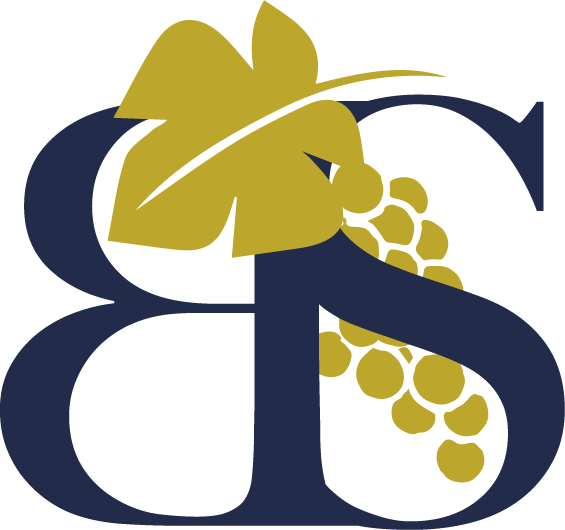WINE CRISIS: PROVENCE RESILIENT

A sector in difficulty, crisis responses needed
The French wine industry is facing a period of turbulence, marked by a significant drop in red wine consumption, extreme weather events since 2021, and cash-flow problems affecting many growers. To cope with this overproduction, the French government, with the agreement of the European Union, has set up a 120 million euro fund for the permanent grubbing-up of vines with no commercial outlets. This premium, granted to winegrowers wishing to withdraw from the sector, aims to resize the national vineyard while offering support at a critical time.
Provence, a model of resilience
Despite these difficulties, Provence has shown remarkable resilience in the face of the crisis. Largely specialized in rosé production, the region benefits from demand that remains relatively stable, even if margins have fallen. In contrast to other regions, where prices have fallen drastically, Provençal producers have managed to maintain bulk sales prices at around 2.80 euros per liter. This ability to cope with the economic situation means that Provençal winegrowers can concentrate on long-term adaptation strategies, without necessarily resorting to the grubbing-up premium.
A more acute crisis in other regions
Other wine-growing areas, particularly those producing mainly red wine, are experiencing more structural difficulties. In Gironde, for example, the situation is particularly tense: bulk wine prices have fallen by as much as 70 centimes per liter. For these growers, the grubbing-up premium represents an almost inevitable recourse in the face of limited economic prospects. Although Provence is not immune to the current challenges, the region benefits from a more diversified model and a specialization in rosé, which temper the impact of the decline in red wine consumption.
A unique, temporary system for targeted support
The grubbing-up premium, with aid of 4,000 euros per hectare, is available to winegrowers until November 13, 2024. Conditions are strict: beneficiaries will have to renounce new planting authorizations for six years, with grubbing-up to be completed by June 2025.
A human tragedy but a possible future
For Éric Pastorino, President of the Conseil interprofessionnel des vins de Provence (CIVP), uprooting vines is a difficult but sometimes necessary way out for distressed growers. Nevertheless, he points out that Provence is more affected by cyclical challenges, linked to a temporary drop in rosé sales, than by a profound structural crisis. Despite an 8 % drop in sales in France this year, Provence retains resilience potential thanks to its international reputation and its roots in the rosé market.
The future of French viticulture under review
While the grubbing-up premium provides immediate support for some regions, Provence shows that it is possible to get through this period with a strategy of adaptation and repositioning, without necessarily resorting to drastic measures. This resilience proves that the French winegrowing industry, while facing major challenges, also possesses the resources to build a sustainable future, where each region can develop its own winegrowing identity.






